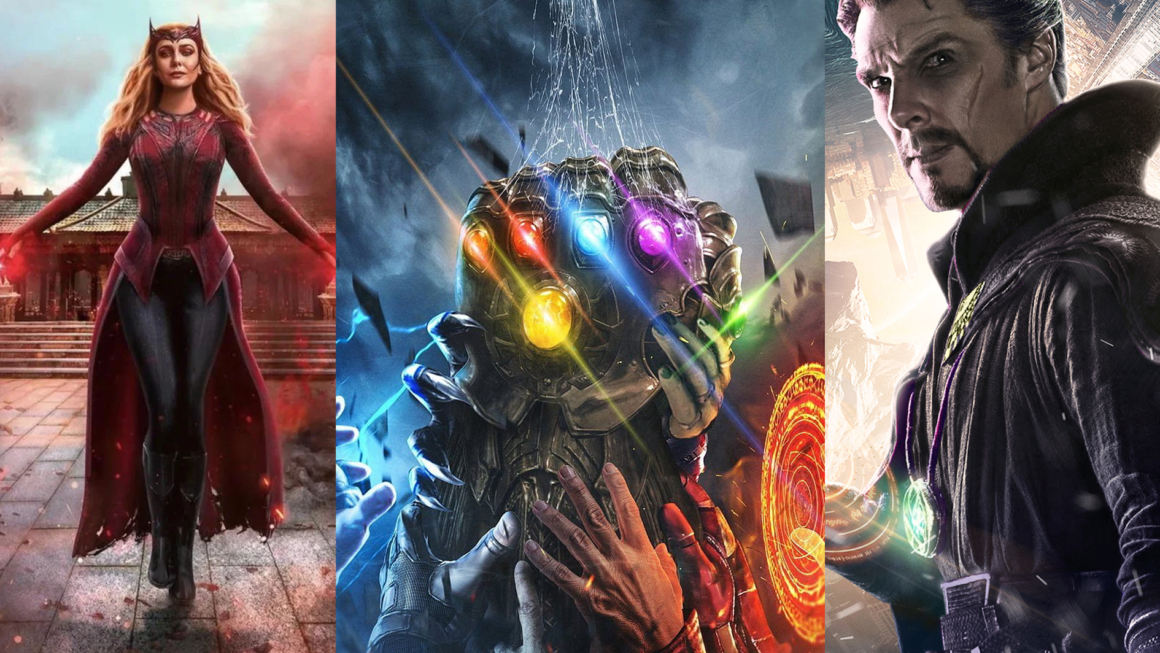Thanos’ Motive: A Complex Debate
From one angle, Thanos could be seen as pragmatic. His plan to use the Infinity Stones to randomly eliminate half of all life across the universe was rooted in a harsh but straightforward logic: reduce the consumers, lessen the demand on dwindling resources. He argued that this would result in a balanced universe where those remaining could thrive with the resources available. Yet, some might argue, why not simply double the resources? This brings us to the core of human behavior—irresponsibility and greed, which often escalate in the face of abundance.
The Question of Authority
On the other hand, who gave Thanos the right to make such a monumental decision? Is anyone ever justified in taking such irreversible actions to enforce their vision of order? These questions cut to the heart of what power means and who, if anyone, has the right to wield it on such a cosmic scale.
The Comic Book Context
In the Marvel comics, Thanos’ motivations are less philosophical and more personal. He seeks to impress Mistress Death, who is enamored with Deadpool. This obsession with death and desire to win her favor paints his actions as selfish, tipping him from a potential antihero into a clear villain.
Reflecting on Human Nature
The act of Thanos echoes a harsh reality expressed by a wealthy relative of mine: “We are rich; we can afford it. The poor should not have more kids.” This statement, though crass, touches on the larger issue of resource management and distribution. It’s not just about material wealth but about sustainable living—something that even limitless resources can’t guarantee if not managed wisely.
Why I’m Writing About Thanos Now: More Relevant Than Ever
Some might question why, more than five years after his major impact in the Marvel Cinematic Universe (MCU), I choose to write about Thanos. With current Marvel narratives focusing on characters like Deadpool, Wolverine, or Kang the Conqueror, why look back at Thanos? There are a couple of reasons that compel me to revisit the Titan’s controversial plan.
A Fresh Perspective on an Old Villain
Firstly, I began my journey into writing just a few months ago. The themes surrounding Thanos—such as the ignorant nature of humanity and the mismanagement of resources—are not just historical footnotes in our favorite films; they are ongoing, real-world issues. The questions Thanos raised about survival and morality are as relevant today as they were then. MCU’s depiction of Thanos serves as a timeless reflection of our societal and environmental challenges.
Inspired to Dive Deep
Secondly, my cousin and friend, Nikhil, inspired me to tackle this article. His encouragement was a catalyst for me to explore the depths of Thanos’ philosophy and its implications on our understanding of heroism and villainy.
In conclusion, discussing Thanos is not just an exercise in pop culture reflection. It’s a way to engage with vital questions about our future, our morality, and the nature of power. His story is a lens through which we view our own society’s struggles with fairness, responsibility, and survival.
What do you think? Was Thanos right in his radical approach, or was there a better way? Let me know your thoughts in the comments below.




